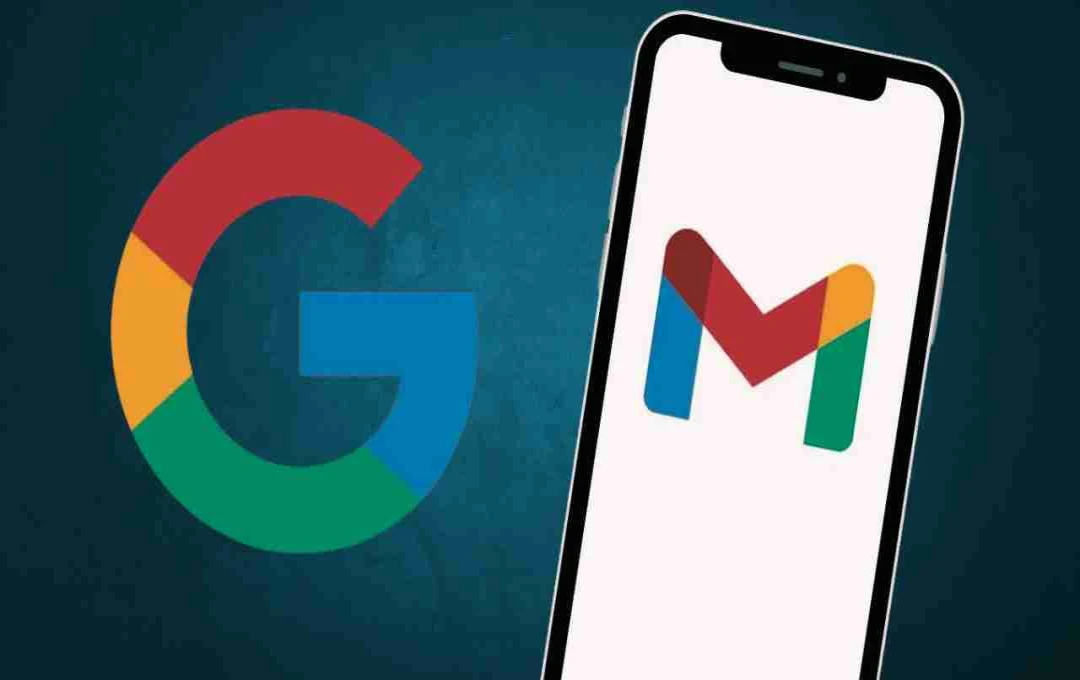Using AI tools like ChatGPT, Google Gemini, or Microsoft Copilot to boost office productivity? If so, this news is crucial. Recent research indicates that employees utilizing AI are perceived by their colleagues not as "hardworking" or "smart," but as "lazy" and "less competent." The very technology enhancing your efficiency may present a new social risk to your career.
Smart Work with AI or a Label of "Lazy"?
Office work practices are rapidly evolving. Many now use AI tools for tasks like report generation, email composition, data analysis, and coding. ChatGPT, Google Gemini, and Copilot are becoming commonplace. These tools undeniably accelerate and simplify work, saving time and boosting productivity. However, this convenience brings a new challenge.
A new Duke University study reveals surprising findings. The research suggests that excessive AI usage in the office leads colleagues to perceive the individual as less hardworking or intelligent. Instead, they believe the person is avoiding work or lacks confidence in their own skills. Technology may be assisting, but it's also impacting your image.
Research Revelations:
This study, conducted in the United States, involved 4,400 participants. The research was divided into four phases, analyzing participants' perspectives, thoughts, and decisions.
First Experiment: A Decline in User Perception

This phase asked participants how they would view a colleague completing a project using AI. Surprisingly, most believed such an individual would be considered "less hardworking," "work-avoidant," and "less self-reliant." Some even suggested such employees would be easily replaceable due to the inability to gauge their true skills.
Second Test: AI User Labeled Dependent and Helpless
The second phase asked participants to describe AI-using colleagues. Responses included labels like "helpless," "lacking self-confidence," and "dependent." This suggests that while AI is helpful, this assistance is perceived as a weakness.
Third Experiment: Hiring Obstacles
In the third phase, participants were placed in the role of hiring managers, tasked with selecting suitable candidates. Candidates openly using AI tools were less likely to be hired. Interestingly, if the hiring manager themselves used AI, the candidate's AI usage became inconsequential.
Fourth Phase: Effective Work Through Technology
This experiment showed that if AI demonstrably improves performance on a task, negative perceptions from colleagues largely disappear. In other words, visible AI utility can shift perceptions.
The Growing Influence of AI: Advantages and Social Drawbacks
AI is becoming increasingly common in offices. People utilize AI tools for various tasks, including responding to emails, creating reports, performing data analysis, and preparing presentations. This accelerates and simplifies work, saving time and effort. While these benefits increase the pace of employee work, there's another facet that cannot be ignored.

The Duke University research highlights society's tendency to undervalue AI-assisted work compared to human-only work. Even if an employee produces excellent results with AI, they may not be considered diligent or intelligent. Instead, they might be perceived as "less hardworking" or "lazy." This can negatively impact self-confidence and professional image. Therefore, understanding when and how to use AI is crucial, even if beneficial.
Is Using AI Wrong?
Using AI is not inherently wrong. Technology has always aimed to assist humans and enhance their capabilities. AI is a significant tool in this direction, simplifying and accelerating work. However, it's vital to view AI as an assistant, not a replacement. AI should aid, not substitute, human effort. Employees should openly communicate to colleagues and managers that they use AI to improve efficiency and effectiveness, not to avoid work or appear lazy. This will reduce misconceptions and ensure their hard work is recognized.
A Shift in Mindset is Necessary
AI is no longer confined to tech specialists; it's rapidly spreading among general employees. This necessitates a change in thinking alongside changes in work practices. People must understand that AI use is not laziness or weakness, but a tool for improving work efficiency. Until this perspective becomes ingrained in societal and office culture, the open and confident use of AI will remain challenging. We must gradually embrace this change and educate those around us on its benefits to foster a new, positive mindset.
Maintaining Balance with Technology
Maintaining a balance with technology is crucial. Completely abandoning AI is unwise, as it can enhance both speed and quality of work. However, mindful consideration of how and when AI is used is necessary. An employee relying solely on AI, neglecting skill development and personal effort, may suffer reputational consequences. Conversely, those using AI as a tool while maintaining their own efforts should not be undervalued. Striking a balance between AI and personal effort is key to success.
This research clearly shows that while technology accelerates work, social acceptance doesn't change as rapidly. Doubt regarding AI use will persist until office culture views it as a positive resource. Employees should not only use AI judiciously but also openly discuss it with colleagues. Companies should focus on skills and output, rather than labeling AI users.














